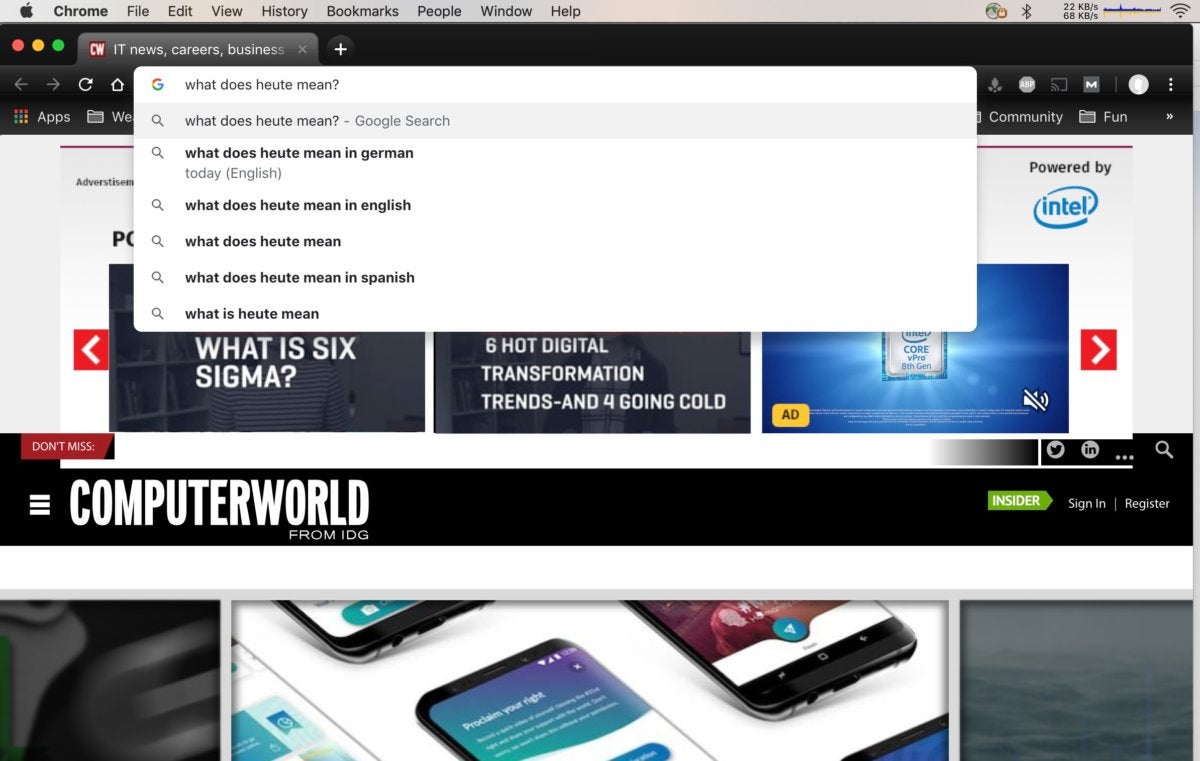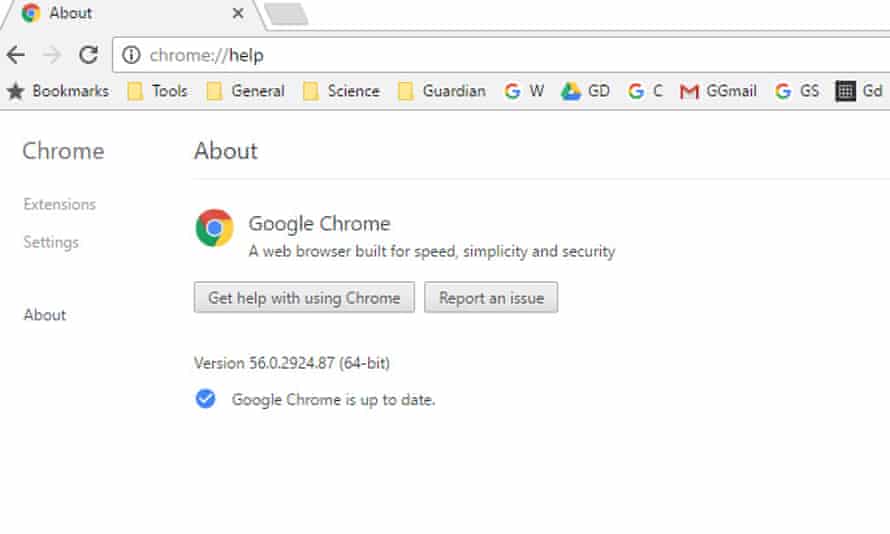We have been constantly updating you on Google’s every step to make the internet a paradise. We previously informed you about the Google Chrome update and similar movements initiated by Firefox as well.
- Google Chrome Update Windows 10
- Google Chrome Latest Updated Version Download
- Google Chrome Latest Update Version
- Google Chrome Latest Update Issue
T he Stable channel is being updated to 90.0.4430.86 (Platform version: 13816.55.0) for most Chrome OS devices. This build contains a number of bug fixes and security updates. Systems will be receiving updates over the next several days. If you find new issues, please let us know by visiting our forum or filing a bug. For Windows 10/8.1/8/7 32-bit. For Windows 10/8.1/8/7 64-bit. This computer will no longer receive Google Chrome updates because Windows XP and Windows Vista are no longer supported.

To make the ‘www’ more secure for all the Chrome users across the world, Google has come up with its latest update; Chrome update version 90. In this article, we are going to brief you on what the updates mean for you and shed light on Google’s plan to make the internet a better place for netizens.
Now, all websites will be automatically loaded in ‘HTTPS as a default instead of the previously used ‘HTTP’. This update allows websites to load faster and ensure safe navigation. Websites not supporting ‘HTTPS’ will fall back onto ‘HTTP.
Having a ‘Not secure’ prompt display in your website’s URL is a major downside to the website’s user experience as well as conversion rate. Over the years, customers have run away from the default HTTP unsecured websites. Bearing this in mind, Google came up with its latest feature for website owners to ensure a much reliable experience. Find out how!
HTTPS has been consistently faster and secure than the default HTTP protocol for decades. With this situation in mind, Google found an excellent opportunity to revamp into a much secure and user-friendly experience. Realising that users type incomplete URLs while accessing websites, Google decided to update Chrome 90, through which users will be redirected to the secure HTTPS without specifying the protocol.
As per the latest data from Google’s Transparency Report, 95% of websites use encryptions to safeguard their conversions, bounce rate, and traffic. This security improvisation was announced in March 2021 in the Chromium Project blog along with other Chrome 90 updates. Compared to the other updates like video conferencing and reduced data consumption, the safe HTTPS navigation update received the limelight.
In the competition for (HTTP:// vs HTTPS://), HTTPS certainly wins as it is a safer navigation option for users. This implies if you visit a website let us say ‘safe.com’ on your browser, Google will load the website as ‘https://safe.com’. Here, Google discards the usual ‘http://safe.com’ completely making the ‘HTTPS’ default.
Also, read our guide on the difference between HTTP & HTTPS
Making the shift of automatically loading HTTPS as the default protocol for websites, has proved to improve the website’s loading speed along with privacy measures. HTTPS Being the widely used and default protocol now, will not be catering to websites that do not support it.
In such cases, Chrome will bounce back to HTTP instead of HTTPS.
Meaning, if a local host tries to access a website that does not support HTTPS, Chrome will fall back on the HTTP protocol instead of the updated HTTPS feature. This is also inferred upon certificate errors, untrusted self-signed certificates, connections errors, etc.
The Chrome 90 update overcomes Google’s historical scheme of loading default HTTP web pages resulting in the daunting ‘Not Secure’ warning. Over the years, this has driven away potential customers from businesses.

Google Chrome Update Windows 10
Why does the shift to HTTPS as a default matter?
Google Chrome Latest Updated Version Download
Shifting to HTTPS as the default browser can have a positive impact on loading websites as Google presumes that most websites are using SSL/TLS certificates. Considering most websites do use these certificates, will this have a negative impact on those who do not? Absolutely not. The websites not having these certificates will still load. However, the browser will give HTTPS the first try and then go back to loading with HTTP.
:no_upscale()/cdn.vox-cdn.com/uploads/chorus_asset/file/22051088/Screen_Shot_2020_11_18_at_12.12.33_PM.png)
Here are a few reasons for Google’s HTTPS update:


Keeping our data secure: It is no secret that most users do not type the complete URL while visiting a website since most use HTTPS anyway. This allows Google to assume that people wish to keep their data secure using encryption. Basically, this is Google’s boon to prevent costly data breaches and insecure connections.
Google Chrome Latest Update Version
Google’s Security Policy: Google strongly believes in maintaining a secure and qualitative website. Apart from this, strong encryption is the most fundamental and crucial aspect leading to safety and security in the cyber world. Google is working towards strong support encryptions in all its products and services ensuring the users safer navigation.
HTTPS used by 95% of websites: People owning websites all over the internet run away from the ugly ’not secure’ display. Be it a customer or the website owner itself, nobody likes it. This led to most websites using an SSL/TLS certificate which meant that they were legit.
Now, this resorted to 95% of websites following the same security measure. Now catering to most websites, it is quite logical for Google to allow HTTPS as a default. This helps websites to improve their conversion rate along with users having safer navigation options.
Google Chrome Latest Update Issue
Summarizing Google Chrome 90 update, in a nutshell, all websites will be automatically loaded in ‘HTTPS’ as a default instead of the previously used ‘HTTP’. This update allows websites to load faster and ensure safe navigation. Websites not supporting ‘Https’ will fall back onto ‘HTTP.
